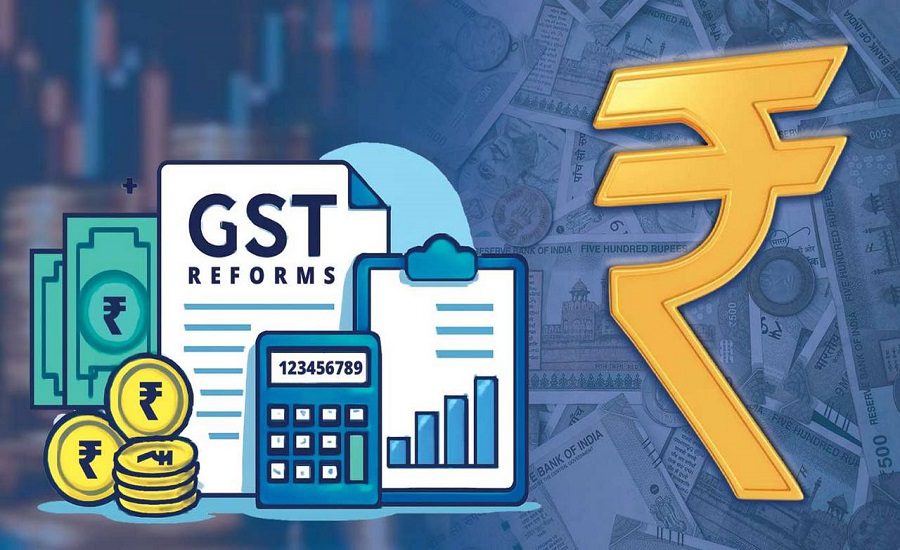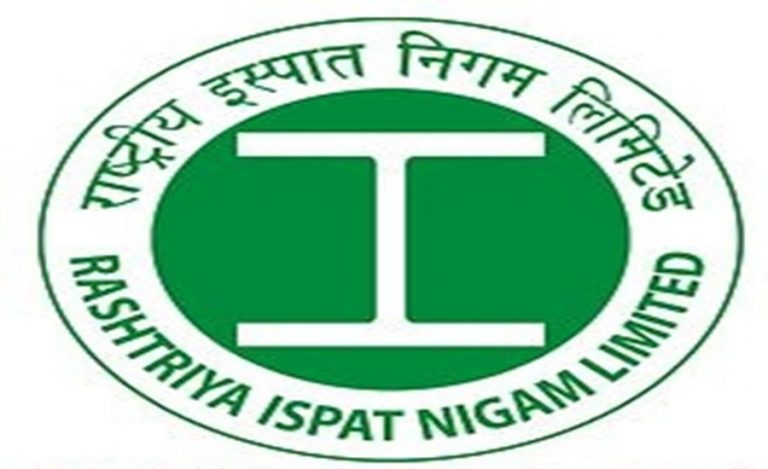New Delhi: The Government of India unveiled pathbreaking reforms in the Goods and Services Tax (GST) structure on September 3, 2025, bringing significant relief to citizens and advancing the country’s climate goals. Union Minister for Environment, Forest and Climate Change, Mr Bhupender Yadav, praised these reforms on social media, terming them “GST Reforms for a Green India” and highlighting their role in driving sustainable development.
Minister Yadav congratulated Prime Minister Narendra Modi and Union Finance Minister for delivering what he called a historic “Diwali gift” to the nation, aligning with the Prime Minister’s vision announced from the Red Fort.
Key Highlights of GST Reforms for Environmental Sustainability
1. Supporting Renewable Energy Growth
The reforms rationalize tax rates on renewable energy equipment like solar panels, photovoltaic cells, and wind turbines by lowering GST rates. This reduction will lower capital costs, making renewable projects more viable and reducing tariffs for consumers.
The move also promotes domestic manufacturing under the Production-Linked Incentive (PLI) scheme, enhancing competitiveness against imports. Affordable solar pumps will benefit farmers by reducing irrigation costs.
GST rationalisation ensures that renewable energy remains the backbone of India’s climate strategy. #NextGenGSTReforms pic.twitter.com/aJFSYO8XBI
— Bhupender Yadav (@byadavbjp) September 4, 2025
2. Boosting Effluent Treatment and Waste Management
GST on services related to Common Effluent Treatment Plants (CETPs) has been reduced from 12% to 5%. This incentivizes industries to adopt centralized waste treatment solutions, fostering pollution-free industrial zones and encouraging municipalities to embrace clean waste management.
The reforms are expected to generate green jobs in waste segregation, plant operations, and maintenance, supporting sustainable urban development.
3. Tackling Plastic Pollution
GST on biodegradable bags has been slashed from 18% to 5%, making them more affordable and encouraging a shift away from single-use plastics. This supports compliance with the Plastic Waste Management Rules, 2022, and bans on single-use plastics.
Lower taxes will spur investment in research and development of bio-polymers, starch-based, and compostable materials, aiding startups and SMEs in the sector and helping reduce plastic pollution in ecosystems.
4. Encouraging Affordable and Clean Transport
Passenger buses (10+ seating capacity) will see GST lowered from 28% to 18%, reducing costs and encouraging fleet expansion among corporates, schools, and state transport undertakings. This shift aims to reduce congestion and pollution by promoting shared and public transport.
Commercial goods vehicles, including trucks and delivery vans, also benefit from GST cuts (28% to 18%), encouraging fleet modernization and expansion, which will reduce emissions and improve supply chain efficiency.
A Strategic Step Towards India’s Net Zero 2070 Commitment
These GST reforms are critical to accelerating India’s transition to clean energy and sustainable development, helping meet the Net Zero 2070 pledge and Nationally Determined Contributions (NDCs) under the Paris Agreement. By balancing environmental goals with fiscal prudence, the government aims to build a resilient, green economy.




























